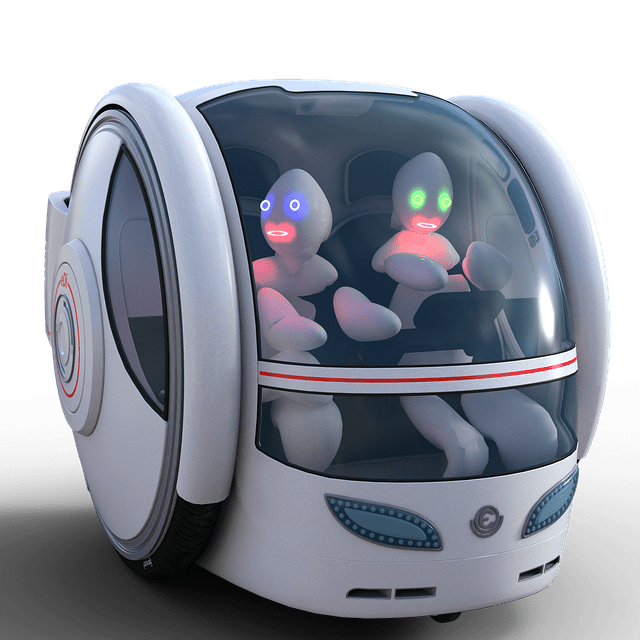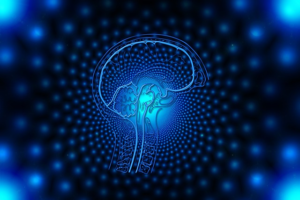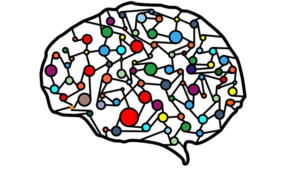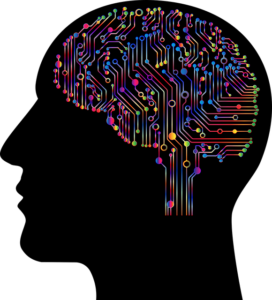Greek Scientist at US Army Research Lab Advancing Artificial Intelligence – Greek Reporter
Greek mathematician Vasileios Maroulas is advancing AI through mathematics. Credit: Youtube/Screenshot
Greek mathematician Vasileios Maroulas, who studied applied mathematics at the University of Athens in Greece, recently received recognition from the US Department of Defense (DOD) for his work in advancing artificial intelligence.
Maroulas moved to America to continue his studies at th…….

Greek mathematician Vasileios Maroulas is advancing AI through mathematics. Credit: Youtube/Screenshot
Greek mathematician Vasileios Maroulas, who studied applied mathematics at the University of Athens in Greece, recently received recognition from the US Department of Defense (DOD) for his work in advancing artificial intelligence.
Maroulas moved to America to continue his studies at the University of North Carolina, Chapel Hill, where he earned both a Masters of Science and a Ph.D.
Now a professor of mathematics at the University of Tennessee, Knoxville, where he has been working on a project that utilizes artificial intelligence to help improve national security, Maroulas explained his vital work in this burgeoning area recently.
Maroulas’ project, “Spatial Awareness via Topological Artificial Intelligence (SPARTAN)” is being conducted in collaboration with the Army Research Lab (ARL) and the University of Tennessee, Knoxville.
He has been working as a senior research fellow at ARL for years, making weekly visits to the lab to work with researchers. The Greek mathematician has been working with ARL’s Human Research and Engineering Department to use machine learning and artificial intelligence to optimize soldiers’ efficiency.
Maroulas is also the Director of Data Science and AI at the National Institute for Mathematical and Biological Synthesis (NIMBioS). Maroulas began his relationship with the DOD at NIMBioS in 2015, after a seminar on neurobiology.
His current research explores the process by which the brain experiences space and time, closely analyzing electroencephalogram (EEG) that records the electrical activity inside the brain. Maroulas uses this data to recognize patterns in the brain connected to spatiotemporal processing.
“Let’s imagine a quarterback who is processing the information he needs to make a decision about where to throw the ball,” he states. “If you really look at the brain when there is high focus, you can see the activity increase in the information processing centers of the brain. I am trying to understand these patterns, to develop ways to embed them into an algorithm that can be programmed into a machine.”
Vasileios Maroulas advances artificial intelligence by studying human brain
Maroulas is trying to give machines a more nuanced relationship to spatial awareness which mirrors our own.
“Humans understand space very well, based on a lifetime of experiences that allow us to create context,” said Maroulas, adding “Machines don’t have those experiences and have to start from scratch, scanning an area to gather information. That information can then be used to compare the machine’s previous experiences with other structures and other spaces.
“If we continue our previous (American football) analogy, you can substitute the quarterback with the general and you can substitute the rest of the players with soldiers,” he noted. “The resulting scenario is a clear paradigm for how DOD can use AI to enhance military decision-making in high-stress environments.”
Maroulas then says he believes that machines and artificial experience are as moldable and subject to evolution as humans and that the two can also help each other progress:
“Humans are adaptable. Throughout our history, we see how that adaptability has allowed us to progress. Improved technology creates an environment that allows humans to continue to explore,” Maroulas states. “I think that AI can do the same thing — allowing us to progress and innovate. I believe AI can help push us to the next level.”
Source: https://greekreporter.com/2021/12/14/vasileios-maroulas-artificial-intelligence/







